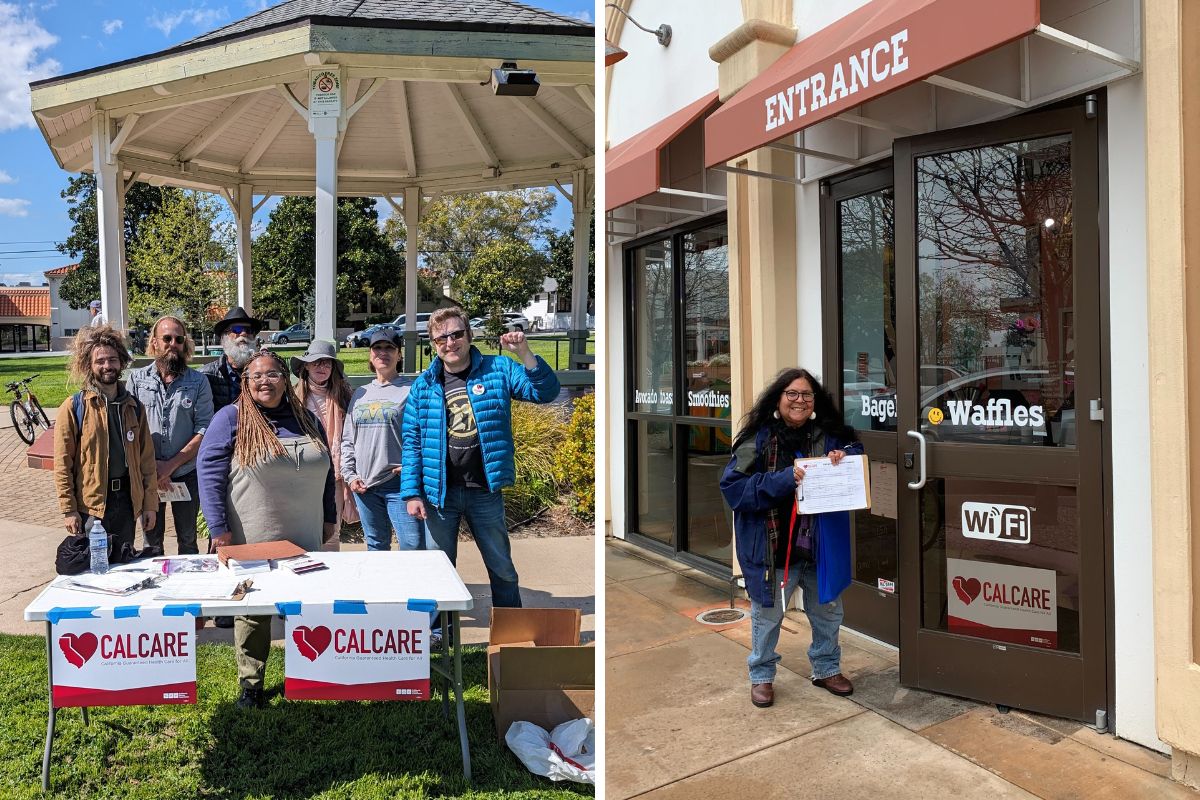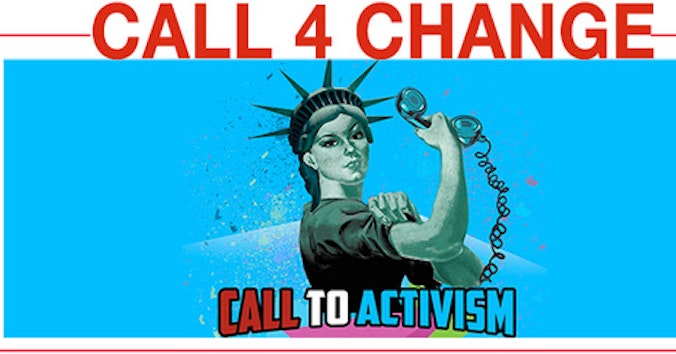by Randy Shaw on August 29, 2022 (beyondchron.org)

Dealers in front of entrance to Allstar Donuts
DA Brooke Jenkins Can’t End Drug Markets Alone
The Tenderloin’s open drug markets are thriving. The drug dealers are winning.
Despite widespread media coverage the Tenderloin still has far more open drug dealer sites than when the pandemic began in March 2020. Hot spots like the 300 block of Hyde remain comfortable venues for drug sales.
Are there fewer dealers than two to three months ago? Yes. But dealers are openly visible on many neighborhood blocks. The police even allow dealers to to sell in front of cafes like the Allstar Donuts at Golden Gate and Hyde.
Tenderloin small businesses should join those in the Castro in demanding a tax refund. How many customers skip the AAPI-owned Allstar Donuts for fear of dealers?
I understand that, as recovery advocate Tom Wolf told me, “You aren’t going to reverse the last 2.5 years of open drug markets in 3 months.” But Tenderloin residents, small businesses and workers should not still be seeing three 8-hour shifts of dealers collectively selling 24 hours per day.
Despite pledges, Emergency Orders and proposed “crackdowns, ” the Tenderloin remains a comfortable home for sellers of lethal drugs. The city has not matched its words with actions.
Words vs. Actions
Mayor Breed, District Attorney Jenkins, Chief Scott and Assistant Chief Lazar have all committed to end open drug dealing in the Tenderloin, SOMA and other areas of the city. District Attorney Jenkins has announced many new policies that will reduce drug sales over time. Jenkins has expressed more concern about the safety of Tenderloin residents and workers in the past two months than all of the District Attorneys in the past fifty years—combined.
Thanks to Jenkins, what started as a goal from Tenderloin and recovery advocates — stopping deadly drug sales—is now even embraced by the DA’s rival in November, John Hamsaki. He pledged in his candidate announcement to hold accountable “drug dealers selling deadly fentanyl in the Tenderloin.”
But when I walked through the Tenderloin last week and saw drug dealers in the usual places I did not see a single police officer. That’s all too typical. I saw one earlier in the day and two later that tha afternoon but that’s not the visibility needed to displace entrenched drug gangs.
The SFPD either lacks the officers to fulfill its mission or does not really see ending drug markets in the Tenderloin as a top crime priority. Union Square is a priority. Those Louis Vuitton thefts got a massive visible police response for a month.
In contrast, politicians bemoan overdoses and the impact of dealers on Tenderloin families but open drug sales remain—and are off the hook after Urban Alchemy leaves at night.
The police response to Tenderloin drug markets makes no sense.
For example, I see officers guarding the entrance to Allstar Donuts on Golden Gate starting around 2pm—after the store closes. Yet as the above photo shows dealers are allowed to cover the entrance when business should be at its height —but is deterred by dealers.
I have a seen a police car and sometimes an officer in front of the PG & E station on the north side of the 500 block of Eddy. Where nobody lives or works.. Meanwhile, dealers freely sell around the corner on Eddy and Hyde, in front of apartments where families reside.
I don’t know why the police allow lunches to be delivered to dealers without officer disruption. I’ve read a lot of books about how cities break up drug gangs and none of the strategies are being followed in San Francisco.
I urged Mayor Breed in February to replace Chief Scott. At some point the leader of an agency must take responsibility for its failures. That point was reached long ago with Chief Scott.
District Attorney Jenkins is doing everything in her power to close Tenderloin drug markets. But she needs the police to walk the beats and do the tough work required.
Public Defender’s False Racism Claims
Last week, the SF Standard reported on plans by the San Francisco Public Defender’s office to charge officers with violating the Racial Justice Act for arresting Honduran drug dealers in the Tenderloin. According to the public defender’s reasoning, the SFPD must allow Latino and Black dealers to freely sell deadly fentanyl in the Tenderloin until enough white dealers (rarely if ever seen in the TL) arrive so they can also be arrested.
Think I’m joking about this? I’m not. The SF Public Defender’s office has so little concern about working class Latino, Black and AAPI families in the Tenderloin that it will jeopardize their safety to protect dealers of color. As I recently wrote, protecting dealers over families is not progressive. A public defender must use every legal tool at their disposal to protect their clients—but furthering racial justice for Tenderloin residents does not require raising false arguments to protect dealers.
The notion that its racist to arrest dealers unless drug gains are multi-raial would have prevented the acclaimed show The Wire from ever being produced. After all, since all the targeted dealers were Black the public defender’s reasoning would say none could be arrested unless white dealers also came to the projects to sell.
Using the Racial Justice Act to deny racial justice to the city’s most diverse low-income community of color. Can’t wait for the national media to get hold of this one.
Those who care about the families, seniors and working people of the Tenderloin will not allow this mockery of racial justice to succeed. We will turn residents out to court hearings defending the police who are arresting non-white dealers. Once judges hear from community members that virtually all the dealers are non-white and that many operate on behalf of Honduran drug cartels, the public defender’s racial bias claim will be overcome.
I hear a lot of concern about judges making rulings about Tenderloin dealers. Keep in mind that judges are also subject to election challenges and to recalls. Judges eager to throw out Tenderloin drug dealer arrests on false racial grounds should become election targets.
Normalizing Drug Markets
City Hall must not be allowed to normalize this out of control drug trade. But the city has no end date for when Tenderloin drug markets must be gone. Projects with no clear completion dates or timetables tend to indefinitely without meaningful progress. The Tenderloin must fight to prevent this.
I heard more anguish over Governor Newsom’s veto of safe injection sites than I have ever heard in response to deadly drug sales in the Tenderloin. It’s almost as if some politicians either don’t want dealers arrested and/or don’t sympathize with buyers from street dealers—safe injection sites do not close open air drug markets.
Someone suggested to me that we ask Governor Newsom to call out the National Guard for the Tenderloin. That idea seemed off the wall when I heard it—but desperate times demand desperate measures.
As I describe in my book on the Tenderloin, those who claim the Tenderloin has always been dominated by drug dealers don’t know what they are talking about. The Tenderloin was on a path to complete revitalization when COVID reversed its progress. But after thirty months of the pandemic the city’s tolerance for ongoing drug markets in the neighborhood is unacceptable.
We know what it means to really crackdown on drug markets. It’s well past time this happens in the Tenderloin.
Randy Shaw
Randy Shaw is the Editor of Beyond Chron and the Director of San Francisco’s Tenderloin Housing Clinic, which publishes Beyond Chron. Shaw’s latest book is Generation Priced Out: Who Gets to Live in the New Urban America. He is the author of four prior books on activism, including The Activist’s Handbook: Winning Social Change in the 21st Century, and Beyond the Fields: Cesar Chavez, the UFW and the Struggle for Justice in the 21st Century. He is also the author of The Tenderloin: Sex, Crime and Resistance in the Heart of San Francisco







